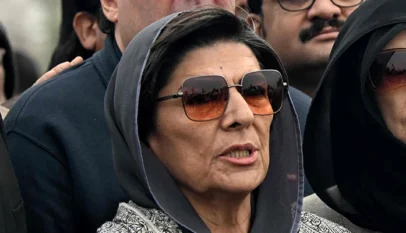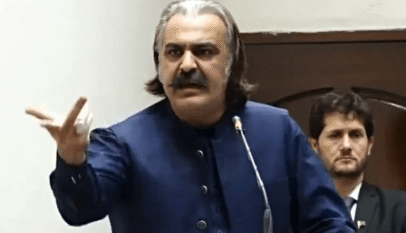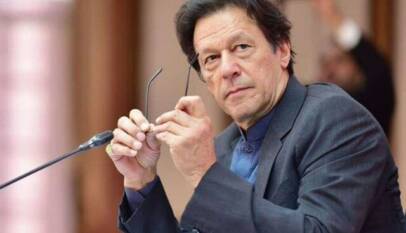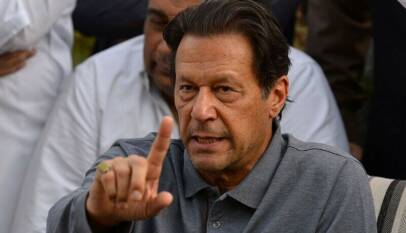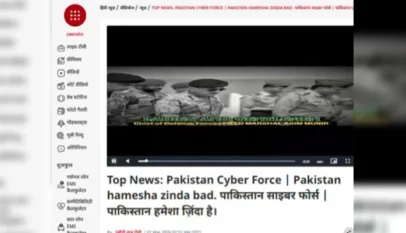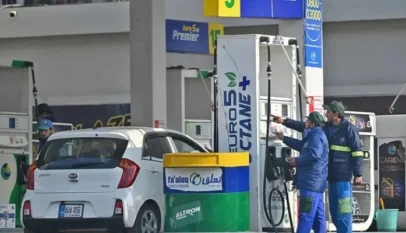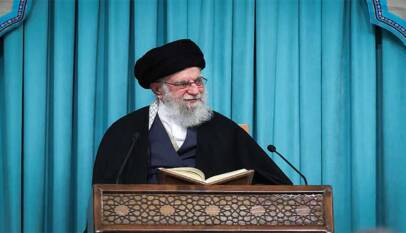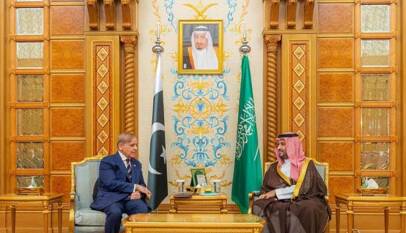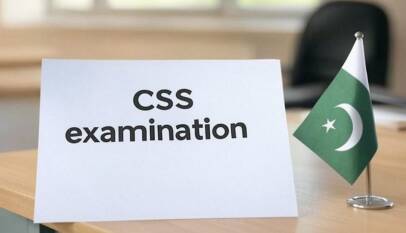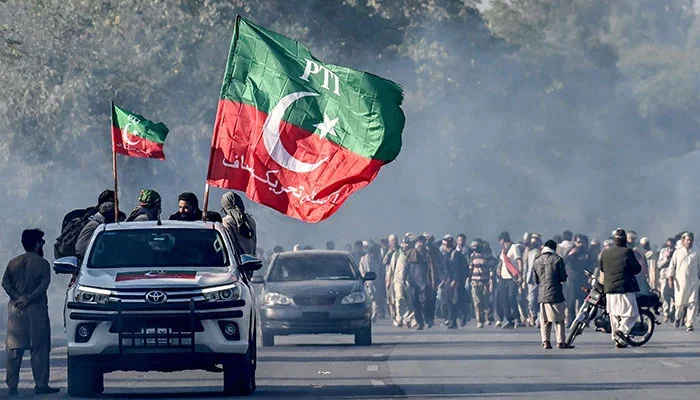
Just days after the Pakistan Tehreek-e-Insaf (PTI) announced a fresh anti-government protest movement set to culminate on August 5, a recent Gallup Pakistan survey has found that a majority of residents in Khyber Pakhtunkhwa (KP) prefer working with the federal government over participating in political protests.
Conducted between February and March 2025, the province-wide poll included 3,000 respondents. It revealed that 85% of KP residents support provincial cooperation with the federal government, while only 10% opposed such collaboration and 5% chose not to respond. Across political affiliations, support for federal cooperation was consistent: 86% of PTI voters, 93% of PML-N supporters, 87% of JUI-F voters, and 86% of ANP supporters favored partnership with Islamabad.
When asked about participating in future PTI-led protests, 53% of respondents said they would not attend, 40% said they would, and 7% were undecided. Despite a general resistance to protest culture, 60% of those surveyed said they believe targeted protests can serve as a legitimate means to pressure the federal government. Conversely, 32% disagreed and 8% did not express an opinion.
On the subject of past protests and sit-ins, 60% criticized the KP government for allowing such activities, saying they distracted from governance and public welfare. Only 32% supported the protests, with 8% offering no opinion.
The survey also explored public perceptions of political leadership. Fifty percent of respondents viewed Punjab Chief Minister Maryam Nawaz’s performance as better than that of KP Chief Minister Ali Amin Gandapur, while 39% rated Gandapur higher and 11% remained neutral. Among PTI supporters, 37% also favored Maryam’s performance. When asked whether Gandapur should be replaced, 47% supported his removal, 40% opposed it, and 13% did not respond.
Respondents expressed several concerns regarding governance. Fifty-three percent said they were dissatisfied with the government’s performance on curbing corruption, while 49% were unhappy with the lack of employment opportunities. On the other hand, 47% approved of efforts to provide jobs.
In terms of public services, 64% were satisfied with healthcare and access to clean water, though 34% and 35%, respectively, expressed dissatisfaction. Educational services were positively rated by 62% of respondents, while 36% were dissatisfied.
Over PTI’s 13-year governance in KP, 59% of people acknowledged improvements in roads, 53% in public transport, and 50% in sanitation. However, 54% felt no developmental work had occurred after the 2024 elections. Dissatisfaction remains high, with 61% unhappy about the state of public transport and 58% dissatisfied with sanitation services. Even among PTI supporters, nearly half expressed similar concerns.
While 74% acknowledged access to clean water and educational facilities and 66% noted improvements in roads, many expressed discontent with other civic amenities. Eighty-one percent were dissatisfied with the availability of libraries, 77% with parks, 70% with community centers, and 66% with gas supply.
The survey also highlighted regional disparities, with southern districts such as Dera Ismail Khan reporting lower access to basic facilities compared to other regions. These findings reflect a complex and divided public sentiment in KP—recognizing some developmental achievements while expressing widespread concern over governance, corruption, and uneven progress. These perceptions are expected to play a significant role in shaping the province’s political trajectory in the coming months.
Source: Web Desk
Indian News channel hacked, pro-Pakistan content broadcast briefly
(Web Desk) — Indian television channel ABP News was temporarily disrupted after hack…

